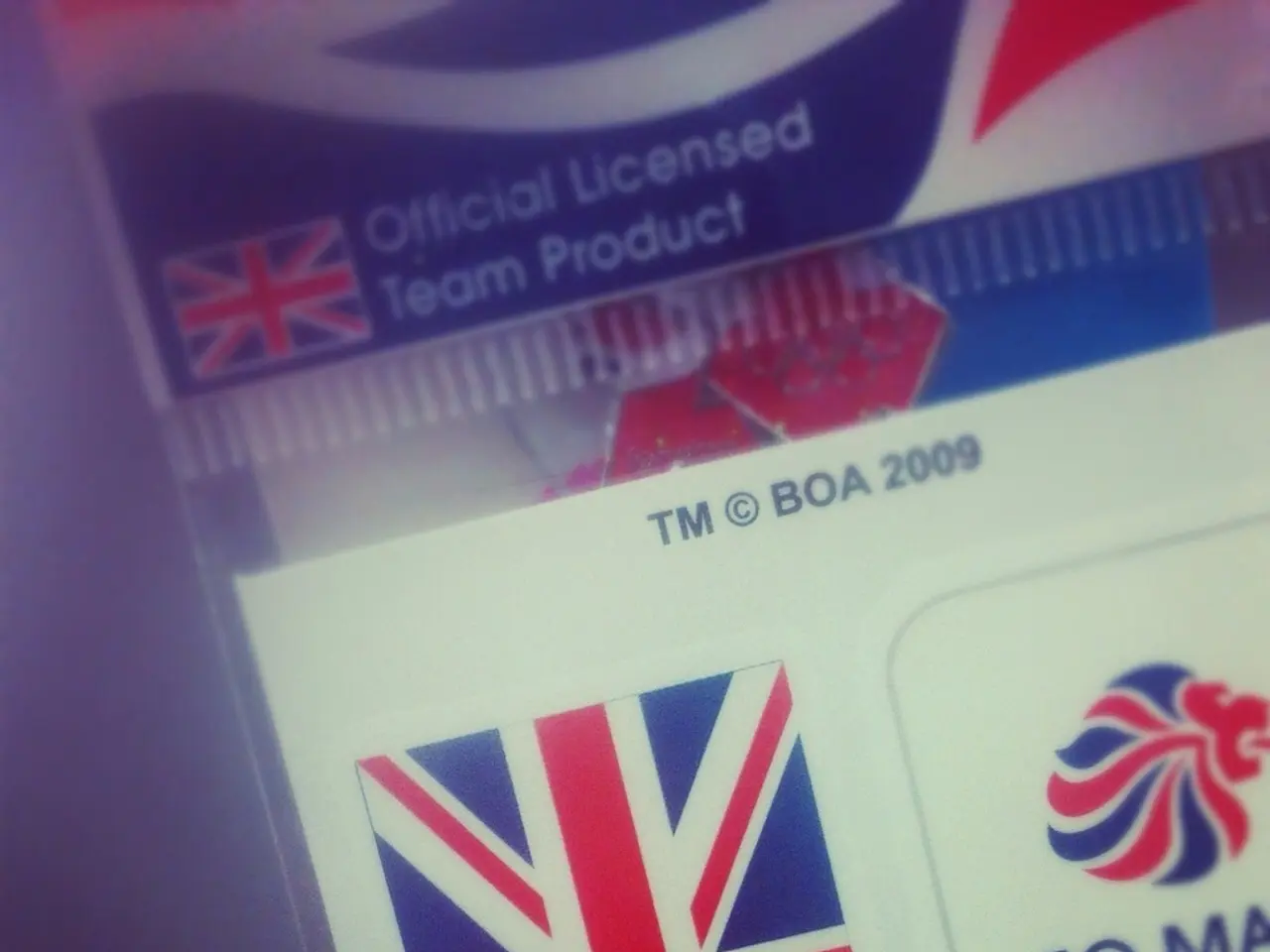Trump administration faces intense scrutiny by judges concerning the President's utilization of emergency powers for a sweeping tariff initiative
The controversy surrounding former President Trump's use of emergency powers to impose reciprocal tariffs on dozens of countries is currently being scrutinised in the US Court of Appeals for the Federal Circuit.
The legal basis for Trump's tariff regime primarily rests on the International Emergency Economic Powers Act (IEEPA) of 1977, which grants the president the authority to impose tariffs and other economic measures during an "unusual and extraordinary threat" to the national security, foreign policy, or economy of the United States.
However, this application of the IEEPA to impose broad tariffs is unprecedented and controversial. A coalition of small businesses and 12 blue states have challenged this use of emergency powers, arguing that the IEEPA does not explicitly authorise tariffs and that Trump's declarations do not constitute the type of emergency envisioned by the law.
Assistant US Attorney General Brett Shumate, who was being questioned during a hearing on Thursday, argued that Congress has given presidents broad leeway to wield tariffs and that the declared emergencies justify such sweeping tariffs.
The hearing was about the Trump administration's challenge to a May 28 decision by the US Court of International Trade quashing most of the president's tariffs. The court paused its decision to give time for the White House case to be heard by the full court.
Regardless of the appellate court's decision, the matter is likely to go to the Supreme Court. Neal Katyal, representing the businesses, warned of "staggering consequences" if the tariffs are allowed to go ahead, while Shumate stressed the political and economic stakes involved, stating that invalidating the tariffs could be a "foreign policy disaster."
Judges have expressed deep skepticism about the legal basis, noting that the IEEPA does not explicitly mention tariffs and warning that the president's expansive use may threaten constitutional checks and balances. One judge even pointed out that the IEEPA has never been used to tax imports before.
Trump, on Truth Social, dramatically warned about the potential consequences if the courts side against him on the matter of tariffs. He stressed the high stakes of the court hearing and warned that a ruling against him could be a death knell to his trade agenda.
The trade deficit between the US and other countries has been a longstanding issue, and the outcome of this legal battle will have significant implications for presidential authority over trade and tariffs.
Small businesses and 12 blue states are challenging the former President Trump's use of emergency powers to impose tariffs, arguing that the International Emergency Economic Powers Act (IEEPA) does not explicitly authorize tariffs and that Trump's declarations do not constitute an emergency as envisioned by the law. The hearing in the US Court of Appeals for the Federal Circuit was about Trump's administration's challenge to a previous court decision quashing most of the president's tariffs. Regardless of the appellate court's decision, the matter is likely to go to the Supreme Court, with potential implications for presidential authority over trade and tariffs.








